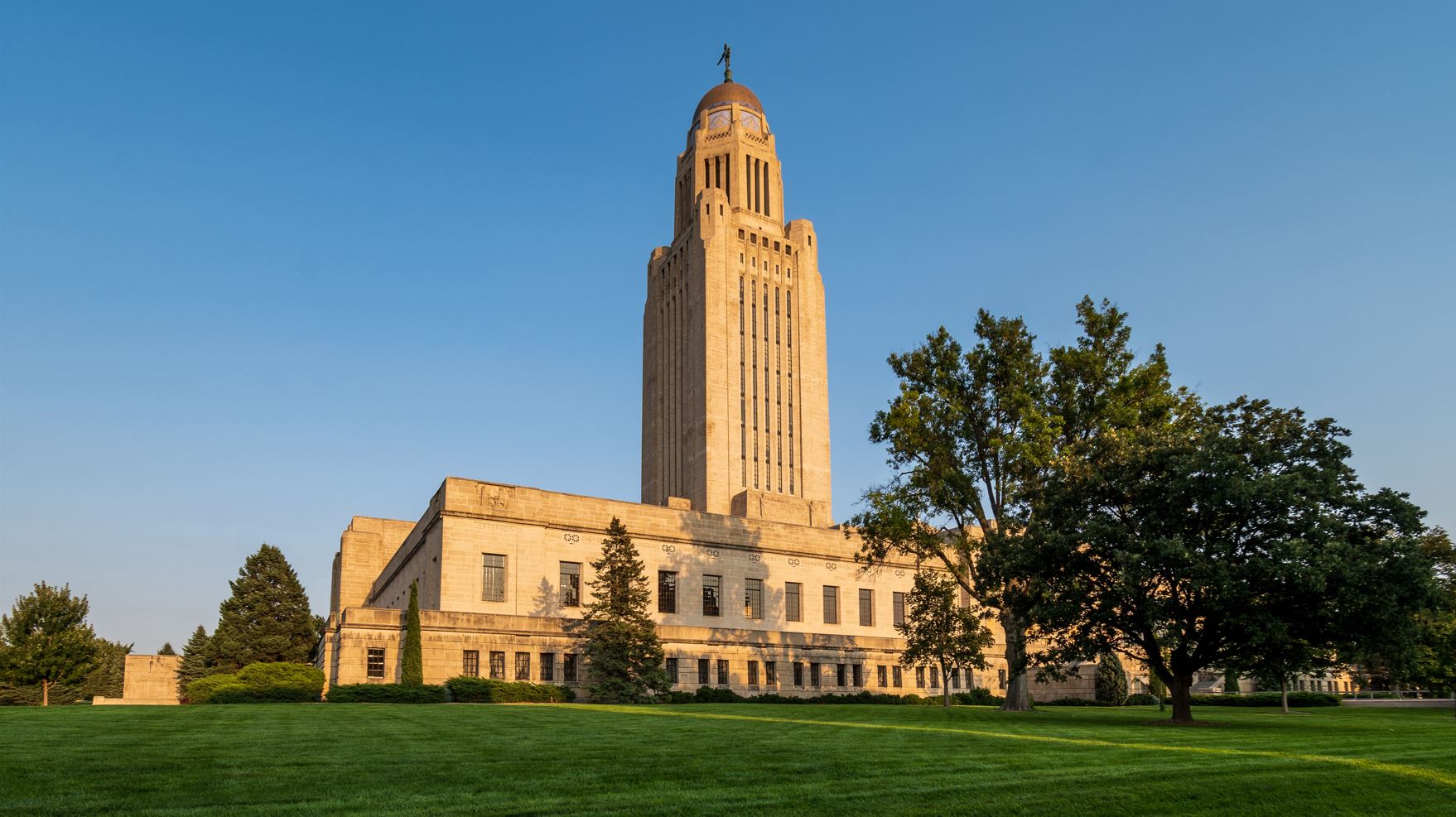Products You May Like
Note: The following is Tax Foundation testimony submitted to the Nebraska Revenue Committee ahead of the hearing on LB754 on February 2, 2023.
Chair Linehan and Members of the Revenue Committee:
As you consider providing tax relief to Nebraska residents, I appreciate the opportunity to share how reducing top marginal individual and corporate income tax rates while consolidating brackets would promote economic growth and make Nebraska’s tax structure more competitive.
Nebraska’s current top marginal corporate income tax rate of 7.25 percent is the 18th highest in the country and the seventh highest among states west of the Mississippi River. Meanwhile, Nebraska’s top marginal individual income tax rate of 6.64 percent is the 14th highest in the country.
Numerous economic studies show that corporate income taxes are the most economically harmful of the major taxes states levy, followed by individual income taxes. While corporations remit the corporate income tax, the economic burden of the tax falls on workers in the form of lower wages, on consumers in the form of higher prices, and on investors in the form of lower returns. Furthermore, high corporate income tax rates negatively affect the rate of employment growth, and compared to other revenue sources, corporate income taxes yield volatile revenue streams.
Similarly, Nebraska’s high top marginal individual income tax rate negatively affects individuals and pass-through businesses, penalizing additional labor and investment on the margin. Numerous economic studies show reductions to individual income tax rates lead to increases in wages, hours worked, and economic output, as well as decreases in unemployment rates. Targeted reductions to top marginal rates have been shown to encourage productivity and promote long-term economic growth.
As you consider additional income tax reductions, consolidating income tax brackets should also be a priority. Nebraska is one of only 15 states with a graduated-rate corporate income tax structure. Graduated-rate corporate income tax structures make little sense because high-income corporations can be owned by low-income shareholders while low-income corporations can be owned by high-income shareholders. And on individual income taxes, in 2021 and 2022 alone, five states—Arizona, Iowa, Mississippi, Georgia, and Idaho—enacted laws to convert from a graduated-rate to a single-rate tax structure. As a result, 13 states have implemented, or are in the process of implementing, a flat tax in addition to the nine states that forgo taxes on individual wage and salary income altogether.
Given Nebraska’s large budget surplus and projected continued revenue growth, additional income tax rate reductions would be beneficial to the state. However, any further tax cuts should be phased in responsibly. One way to do this would be to adopt tax triggers that make certain future rate reductions contingent upon actual revenues meeting specified targets, such as exceeding the prior fiscal year’s actual inflation-adjusted revenues by a specified amount.
Done responsibly, reducing income tax rates while consolidating brackets would return excess tax collections to taxpayers and promote long-term economic growth in Nebraska.
